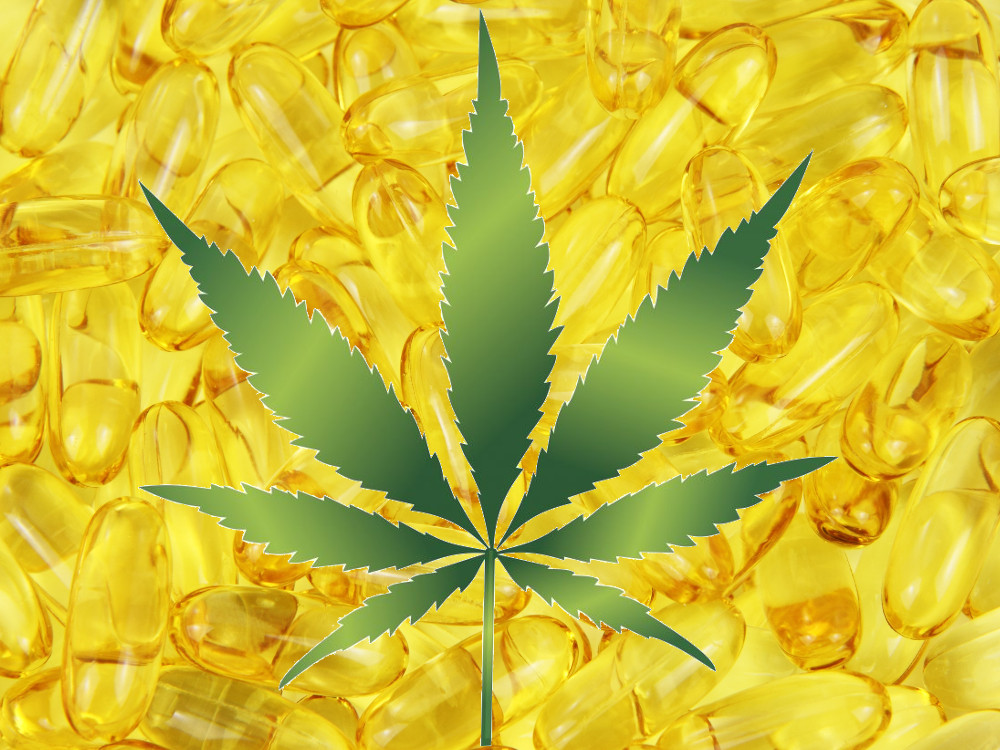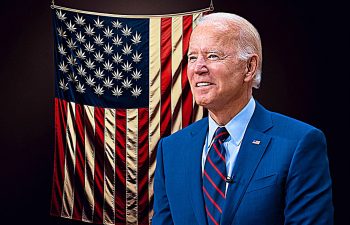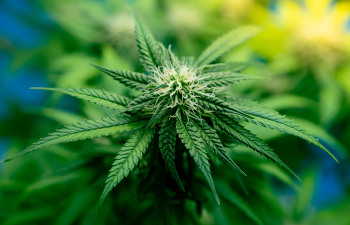
“It’s used to get high.”
Before the golden age of Google, the Tennessee sheriff might have gotten away with it. But in the age of information, fact-checking can be done in real time.
Back Story: In February of this year, the sheriff’s department of Rutherford County, Tennessee held a press conference announcing the success of an undercover “drug bust” that concluded in the raiding and padlocking of 23 retail outlets, along with indictments of 18 individuals on counts of drug trafficking. The grandstanding and backslapping that took place that day, however, was short-lived. As it turns out, the supposed “drug-laced candy” they had acquired was nothing more than 50-state legal, hemp-derived CBD. The opening quote is a direct excerpt from that press conference, specifically, the sheriff’s response when a reporter asked about the candy’s use. As they say, you can’t fix stupid.
The charges were dropped within three weeks. Be that as it may, while the story serves as a point of encouragement for those in the trade, it is also a grim reminder of the imminent danger of doing business in a gray area, as well as a reopening of questions once thought settled. Is CBD legal? The answer is unequivocally, yes. But also, no. But yes. Really, it depends on whom you ask.
There is a legal framework for manufacturing and selling hemp-based CBD products in the U.S. However, it is not as cut and dry as many distributors would have you believe it to be. The process requires Olympic-worthy hoop-jumping along with a contortionist’s ability to navigate through the loopholes of ambiguously-written statutes and regulations. Over the next two issues, we’re going to do our best to delve into the facts around hemp-derived CBD. We’ll be covering both the legality and efficacy of the product, and in the midst, try to come up with a method for sorting between the legitimate producers and the hucksters. But first, to come to a real understanding on the legality of hemp and its derivatives, you’ll need a firm grasp on its legal history. To get you up to speed, we’ve created a simple timeline that spells out the basics.
Stay tuned for next month’s installment, where we sit down with CBD manufacturers from across the industry to tackle the issue and find some clarity.
Hemp Prohibition: A Timeline
1937 – Marijuana Tax Act passed; cultivation of cannabis requires a government stamp, which the government makes unavailable. Cannabis becomes, for all intents and purposes, illegal.
1942—Government issues tax stamps, AKA, cultivation permits for hemp to support the war effort, releases “Hemp for Victory,” a short propaganda film extolling the virtues of hemp to encourage cultivation (the government denied the film existed until it was unearthed by Jack Herer in 1989.)
1957—Last legal government-sanctioned hemp field planted in U.S.
1969—Marijuana Tax Act repealed.
1970—Nixon signs the Controlled Substances Act, the modern legislation under which we operate today. Cannabis is made Schedule 1, the strictest possible category, above Methamphetamine, Cocaine and Fentanyl. No distinction is made between psychoactive and non-psychoactive strains (marijuana/hemp), but they do exclude the “mature stalks and sterilized seed” from the definition. Hemp is illegal to grow, but the stalks are legal to possess.
1998—Industrial hemp cultivation is legalized in Canada
2001—DEA publishes “Interpretive Rule” that attempts to ban hemp-based foods.
2004—Ninth Circuit Court of Appeals rejects DEA hemp ban.
2013—Weed, Sanja Gupta’s ground-breaking documentary on cannabis airs on CNN, reinvigorating the push for legalization and making CBD a household word.
2014—Federal Farm Bill, AKA the Agricultural Act of 2014 is signed into law by Obama. Section 7606 legalizes limited industrial hemp cultivation for research purposes. The bill also officially distinguishes hemp from marijuana for the first time, stating that hemp is any cannabis plant that contains less than 0.3% THC.
2015-2017—FDA issues warning letters to multiple companies manufacturing hemp-derived, “50-state legal” CBD products.
2018—Law enforcement in Tennessee raids and padlocks stores selling CBD; charges dropped three weeks later.










